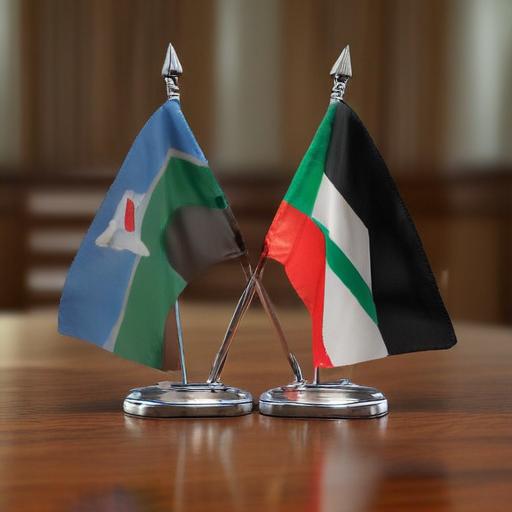The Albanese government will seek to recognise Palestinian statehood at the United Nations next month, a move it says is aimed at advancing a two-state solution as the only viable path to end the cycle of violence. The announcement has drawn sharply mixed reactions across Australia’s political landscape and from key stakeholders.
Australia Palestine Advocacy Network (APAN) labelled the plan a “political fig leaf,” arguing recognition will be meaningless while Australia maintains trade and diplomatic ties with Israel. APAN president Nasser Mashni called for an end to any arms-related exports to Israel and for country-level sanctions. He said Palestinian rights are not contingent on the approval of “western states” or on the conduct of “colonial oppressors,” and urged the government to ensure it is not complicit in ongoing violence.
The Coalition criticised the timing, saying recognition outside a negotiated peace process is premature and risks delivering a strategic win to Hamas after the 7 October attacks. In a joint statement, opposition leader Sussan Ley and shadow foreign minister Michaelia Cash said the decision places Australia at odds with the United States and should not proceed absent a credible peace track.
Israel’s ambassador to Australia, Amir Maimon, warned the step would not alter realities on the ground and argued it could undermine Israel’s security, derail hostage negotiations, and reward those opposing coexistence. “Peace is built by ending terror, not rewarding it,” he said.
Labor MPs welcomed the government’s move. Industry minister Ed Husic, who has long urged recognition, called it a practical step that can help construct a pathway to peace, while acknowledging it will not immediately end the suffering of civilians in Gaza. Cabinet minister Anne Aly described recognition as a necessary “circuit breaker,” saying momentum is needed to shift a stalemated status quo. The Greens also backed recognition but pressed the government to go further by banning all arms-related trade, including parts connected to the F-35 program, and expanding sanctions.
Deputy prime minister Richard Marles said the government is not supplying weapons to Israel.
What recognition could mean
– Recognition does not by itself create facts on the ground, but it can clarify end-state parameters, reinforce that Palestinians have a political horizon, and signal that diplomacy—not force—must determine borders, security arrangements, and governance.
– More than two-thirds of UN member states already recognise Palestine. Australia stepping toward recognition would place it closer to the prevailing international view that Palestinian statehood and Israeli security must be pursued in tandem.
– Supporters argue decoupling Palestinian self-determination from the actions of Hamas is essential to empower legitimate Palestinian institutions and to isolate extremist actors.
– Critics worry that recognition absent a negotiated framework could harden positions or be read as rewarding violence. That concern underscores the importance of pairing recognition with concrete steps to revive diplomacy and protect civilians.
Possible next steps that add substance
– Tighten transparency around defence exports to ensure consistency with the government’s stated position that Australia is not supplying weapons to Israel.
– Increase humanitarian assistance and support for accountable Palestinian governance, including capacity-building for institutions that will be essential to any future state.
– Work with partners on practical security assurances for Israelis and Palestinians, and on credible timelines for negotiations tied to benchmarks on governance, security, and reconstruction.
Logical context
Recognition is ultimately a political signal: it neither substitutes for negotiations nor negates security concerns. However, in protracted conflicts, signals can reframe incentives. If combined with a push for ceasefire arrangements, hostage releases, and institution-building, recognition can help revive a diplomatic track that has been frozen for years. The divergent reactions—from civil society demands for sanctions to opposition fears over timing—reflect a core tension: whether progress requires sequencing (security first, then politics) or parallelism (security and politics together). The government’s move leans toward the latter.
Summary
– Australia plans to recognise Palestinian statehood at the UN next month to advance a two-state solution.
– APAN condemns the move as symbolic without sanctions or halting arms-related trade; the Greens agree on tougher measures.
– The Coalition and Israel’s ambassador warn recognition is premature and could undermine security and hostage talks.
– Labor figures Ed Husic and Anne Aly welcome recognition as a meaningful step and potential circuit breaker.
– The government says Australia is not supplying weapons to Israel.
– Impact will hinge on whether recognition is paired with concrete diplomatic, humanitarian, and security measures that move both peoples toward a negotiated peace.
